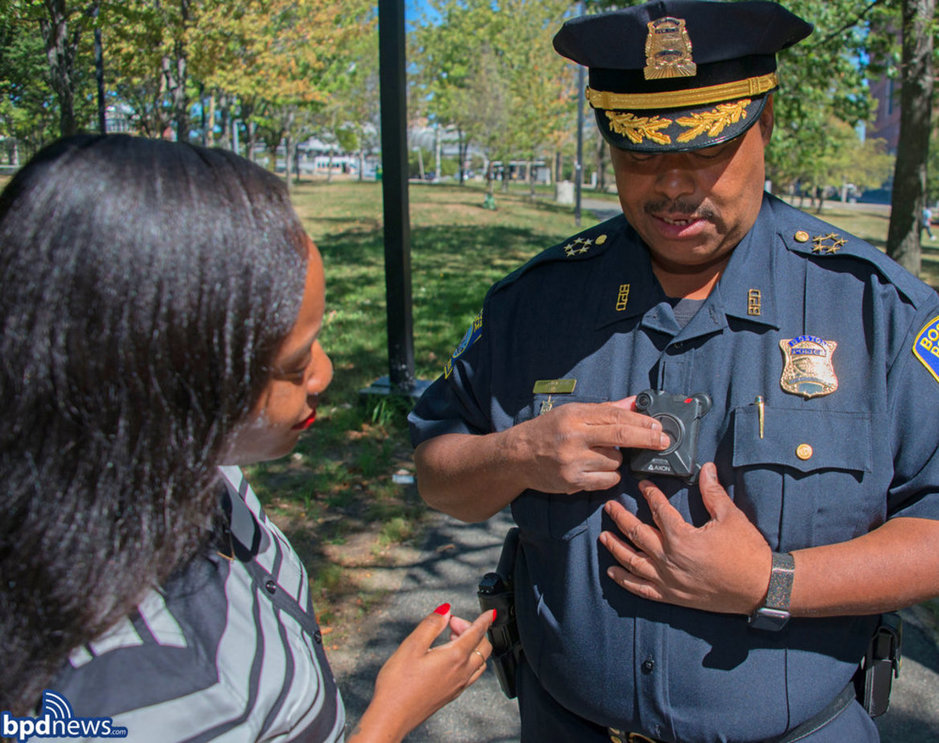Research Team
Crime and Justice Policy Lab, University of Pennsylvania
Northeastern University
Center for Crime and Justice Policy, University of Nevada, Las Vegas
CNA
Project Overview
Project Overview
We completed three randomized evaluations of programs that study the effects of equipping officers with body-worn cameras. These projects were completed in close collaboration with the Boston Police Department, the Las Vegas Metropolitan Police Department and the New York City Police Department.
The findings in the Boston study suggest that the placement of body worn cameras on Boston Police officers generate small benefits to the civility of police-citizen civilian encounters. Officers wearing the cameras received fewer citizen complaints and generated fewer use of force reports compared to a randomized comparison group of officers.
The Las Vegas study also suggests that body worn cameras do reduce citizen complaints and officer use of force incidents. However, the Las Vegas study also cautions that body worn cameras may reduce officer discretion when making arrests and issuing citations.
The New York City randomized evaluation was conducted as part of the remedies required by the federal district court in the stop, question, and frisk settlement. The study found that the deployment of body worn cameras on NYPD officers reduces citizen complaints and increased officer compliance with mandates to document all stop encounters. A companion evaluation of body camera deployments on NYPD officers working in New York City Housing Authority developments found similar results. The adoption of body cameras did not change citizen perceptions of the NYPD, however.
Boston Project:
Research Team: Anthony Braga, Lisa Barao, Jack McDevitt, Greg Zimmerman
Las Vegas Project:
Research Team: Anthony Braga, William H. Sousa, James R. Coldren, Jr., Denise Rodriguez
New York Project:
Research Team: Anthony Braga, John MacDonald

